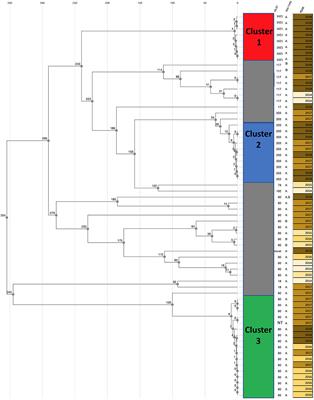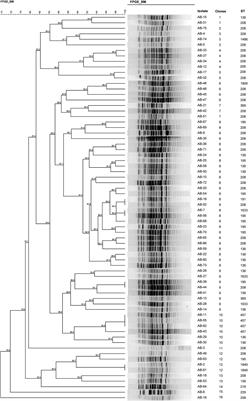EDITORIAL
Published on 09 Jun 2022
Editorial: Application of Next Generation Sequencing (NGS) in Infection Prevention
doi 10.3389/fpubh.2022.945595
- 2,192 views
- 1 citation
13k
Total downloads
55k
Total views and downloads
You will be redirected to our submission process.
EDITORIAL
Published on 09 Jun 2022
ORIGINAL RESEARCH
Published on 04 Apr 2022

ORIGINAL RESEARCH
Published on 12 Nov 2021

ORIGINAL RESEARCH
Published on 01 Nov 2021

BRIEF RESEARCH REPORT
Published on 27 Oct 2021

ORIGINAL RESEARCH
Published on 13 Sep 2021

CASE REPORT
Published on 10 Sep 2021

ORIGINAL RESEARCH
Published on 29 Jul 2021

REVIEW
Published on 23 Jul 2021

CASE REPORT
Published on 06 Jul 2021

SYSTEMATIC REVIEW
Published on 10 Jun 2021

BRIEF RESEARCH REPORT
Published on 15 Feb 2021


Frontiers in Medicine
Infectious Diseases – Surveillance, Prevention and TreatmentOffline
Frontiers in Microbiology
Evolutionary and Genomic MicrobiologyOffline